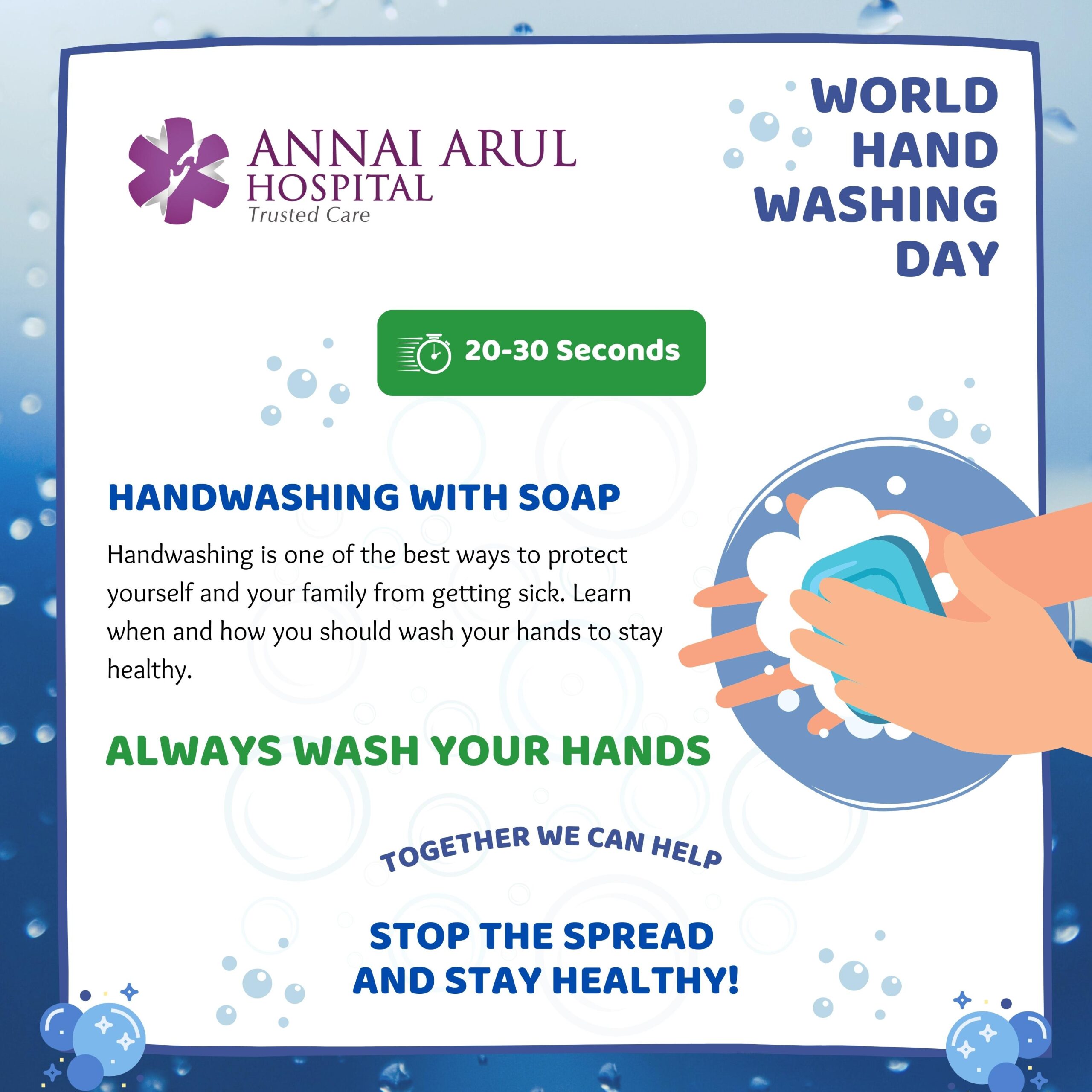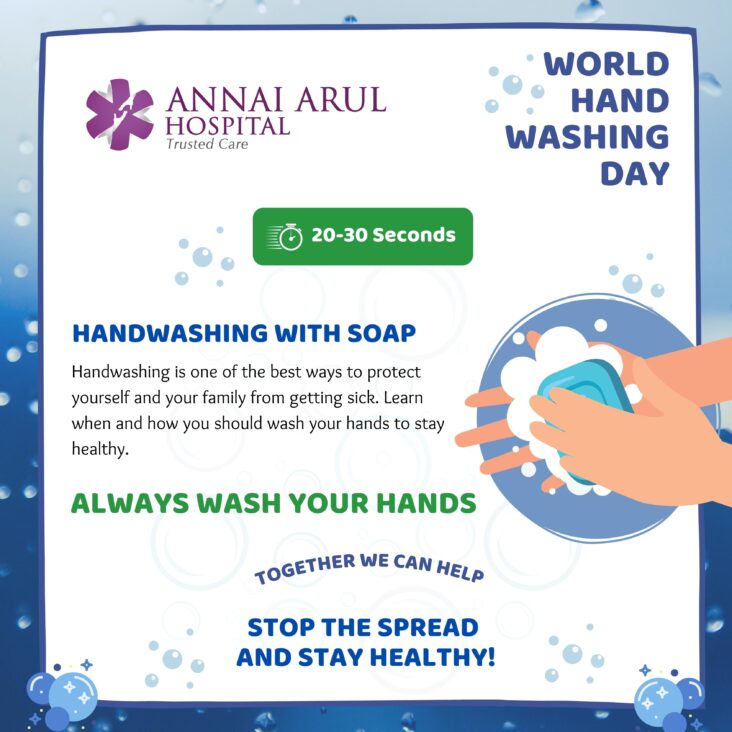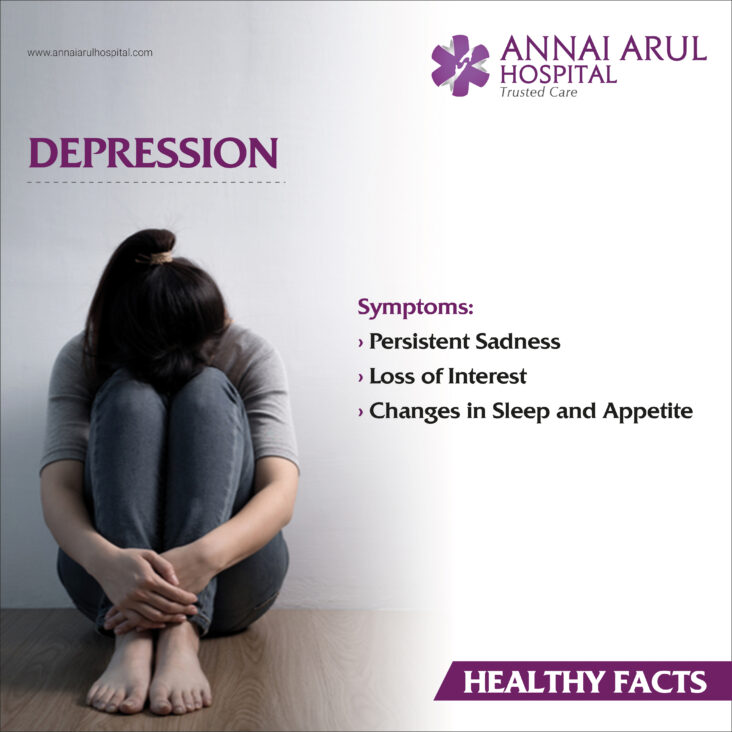
World Hand Washing Day – 15th October:
Handwashing is one of the best ways to protect yourself and your family from getting sick. Learn when and how you should wash your hands to stay healthy.


World Hand Washing Day – 15th October:
Handwashing is one of the best ways to protect yourself and your family from getting sick. Learn when and how you should wash your hands to stay healthy.


Nurturing Orthopedic Vitality: Strategies for Promoting Strong Bones and Musculoskeletal Well-Being
Orthopedic health plays a vital role in ensuring our overall well-being and quality of life. Bones provide structural support, enable movement, and protect vital organs, underscoring the importance of maintaining their strength and integrity. Orthopedic care encompasses a range of practices that focus on bone health, joint function, and musculoskeletal well-being. In this blog, we will delve into the realm of orthopedic care, exploring how to foster strong bones through a combination of dietary choices, exercise routines, and lifestyle adjustments.
1. Calcium-Rich Diet: Calcium is essential for building and maintaining strong bones. Include these calcium-rich foods in your diet:
Dairy Products: Milk, yogurt, and cheese are excellent sources of calcium.
Leafy Greens: Spinach, kale, collard greens, and broccoli are high in calcium.
Fortified Foods: Look for fortified cereals, plant-based milk alternatives, and orange juice.
2. Vitamin D: Vitamin D is crucial for calcium absorption and bone health. Spend some time in the sun (safely) to allow your skin to produce vitamin D, and include sources like fatty fish (salmon, mackerel), egg yolks, and fortified foods.
3. Protein Intake: Protein is necessary for bone formation and repair. Incorporate lean sources of protein, such as poultry, fish, legumes, and nuts, into your diet.
4. Magnesium and Vitamin K: Magnesium aids in calcium absorption, while vitamin K plays a role in bone mineralization. Consume foods like nuts, whole grains, seeds, and dark leafy greens to ensure adequate intake.
5. Limit Soda and Caffeine: Excessive consumption of soda and caffeine can interfere with calcium absorption and affect bone health. Consider reducing intake or choosing healthier beverage options.
6. Weight-Bearing Exercises: Weight-bearing exercises are activities that put stress on your bones and help stimulate bone density growth. These exercises include:
Walking: A simple and effective weight-bearing exercise
Running: More intense than walking and beneficial for bone health.
Dancing: Combines weight-bearing activity with cardiovascular exercise.
Resistance Training: Using weights or resistance bands helps build muscle and bone strength.
7. Balance and Flexibility Training: Maintaining good balance and flexibility can prevent falls and injuries, which are especially important for orthopedic health. Incorporate activities like yoga and tai chi into your routine.
8. Avoid Smoking and Excessive Alcohol: Smoking and excessive alcohol consumption can weaken bones and increase the risk of fractures. Quitting smoking and moderating alcohol intake can benefit your orthopedic health.
9. Bone Density Testing: If you’re at a higher risk for osteoporosis, consider getting a bone density test. This test assesses your bone health and can help guide preventive measures and treatments.
10. Posture and Ergonomics: Maintaining good posture and practicing ergonomic principles can reduce strain on your bones and joints. Use proper body mechanics when lifting heavy objects and ensure your workspace is set up to minimize discomfort.
11. Regular Checkups: Regular visits to your healthcare provider can help you monitor your orthopedic health and address any concerns early.
12. Stay Hydrated: Adequate hydration supports overall health, including bone health. Water is essential for maintaining the function of cells, tissues, and joints.
13. Safety Measures: Take precautions to avoid accidents that could lead to fractures. Use handrails, wear appropriate footwear, and keep your living environment well-lit and free from hazards.
14. Consult a Specialist: If you have specific orthopedic concerns or conditions, consider consulting an orthopedic specialist. They can provide personalized advice, treatment, and rehabilitation plans.
By following these guidelines and adopting a proactive approach to orthopedic health, you can maintain strong bones, prevent injuries, and enjoy an active and mobile lifestyle.
#OrthopedicHealth
#StrongBones
#BoneHealthMatters
#MusculoskeletalWellness
#OrthopedicCare
#HealthyBones
#StayActive
#HealthyLifestyle
#PreventInjuries
#BoneDensity
#OrthopedicTips

Why do you need to have regular health checks?
*A regular health checkup allows you to keep track of your health.
*Don’t sit around waiting for your body to revolt.
*Prevention is always better, and having regular health screenings is an important part of staying healthy.
*Annai Arul Health Check provides a variety of Health Packages that cater to your specific needs.
*It’s time for your annual preventive health check-up. Schedule an appointment today.

Symptoms: Persistent sadness, loss of interest, changes in sleep and appetite.
Treatment: Therapy (cognitive-behavioral), medication. Visit the hospital for the right treatment plan. It isn’t embarrassing to consult a psychiatrist
Prevention: Manage stress, maintain social connections, and seek help early.
#MentalHealthMatters
#EndTheStigma
#DepressionSupport
#SeekHelpBeHeard
#WellnessJourney

How to Manage Indigestion Problems with Home Remedies?
Jeera water
Cooling Peppermint for Digestive Relief
Soothing Ginger Tea for Indigestion
Digestion Relief with Ajwain Water
Improve Digestion with Lemon Water